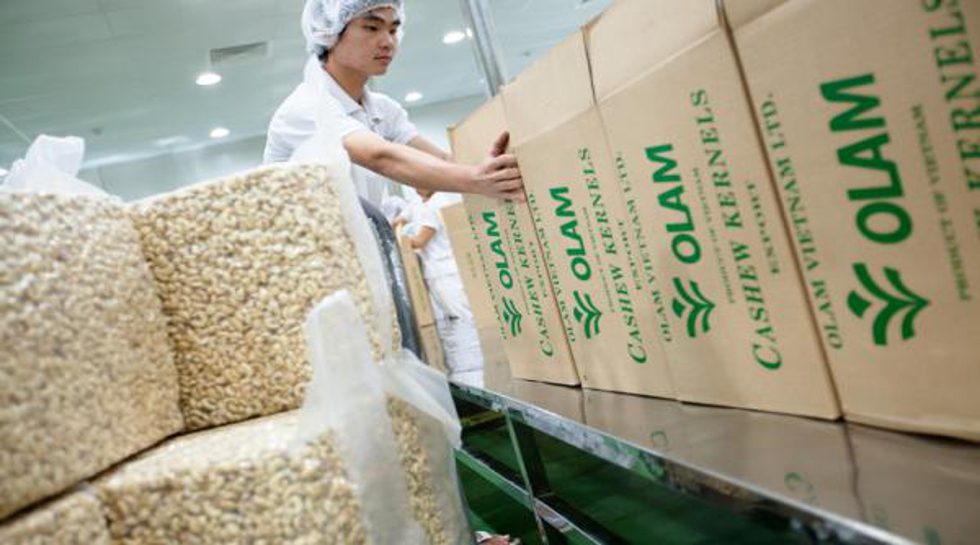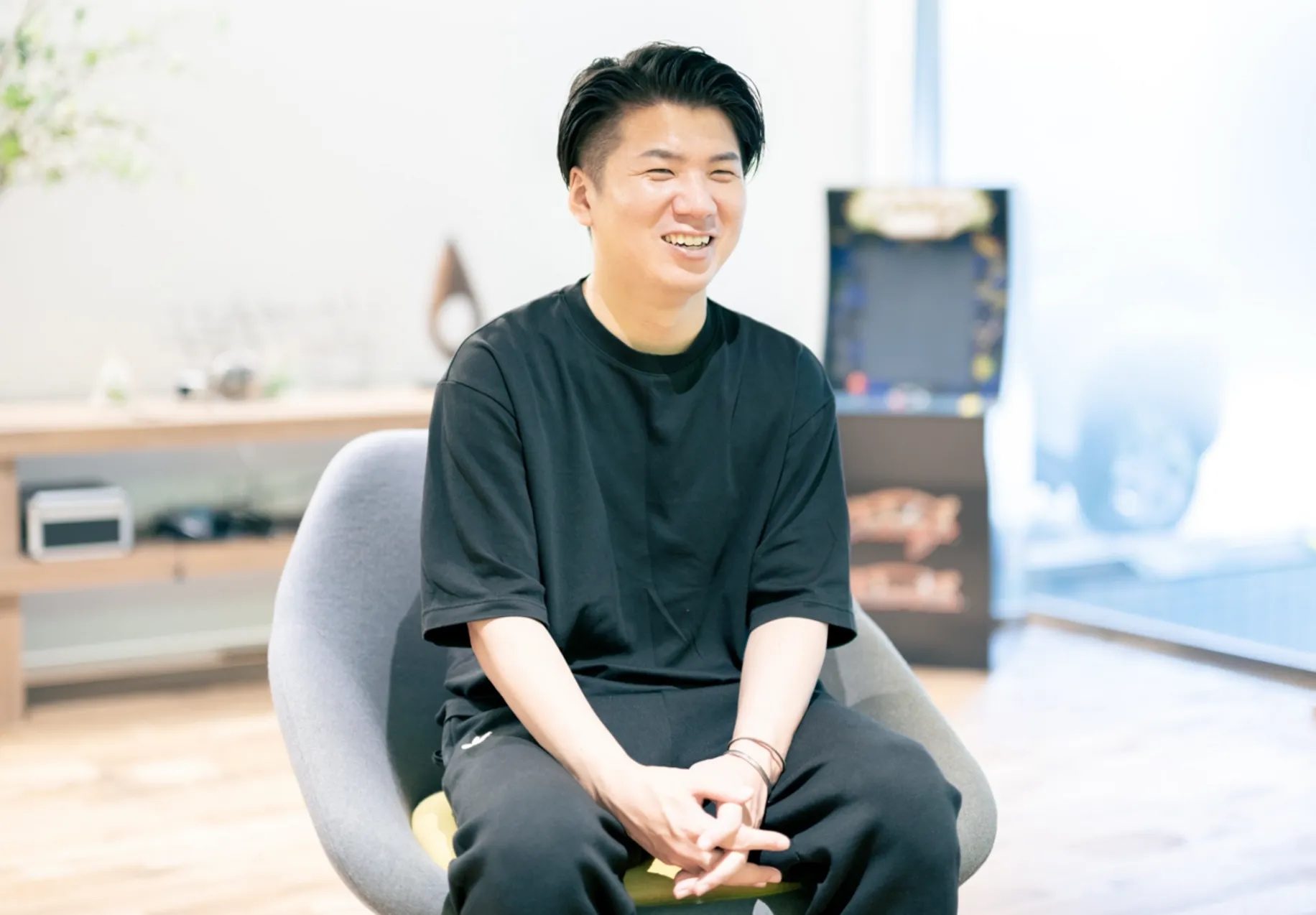TOKYO, Japan — Daiichi Sankyo aims to start Phase 3 clinical trials for its coronavirus vaccine this autumn, with the goal of making it available to the public in 2022, completing Japan’s effort to manufacture COVID-19 injections locally. Shionogi, a Japanese pharmaceutical company, claims it will be able to produce enough vaccine doses for 60 million people each year if a lower dose proved to be as effective as the previously recommended dose. With a group of roughly 150 individuals, Daiichi Sankyo has been conducting a combined Phase 1 and 2 trial of its vaccine based on the same type of messenger RNA technology since March. Thousands of people will participate in a Phase 3 clinical research. In a Phase 3 study, half of the patients receive the genuine treatment while the other half receives a placebo. However, because the Pfizer and Moderna vaccines are currently accessible in Japan, a trial using phony doses would raise ethical concerns and scare off volunteers. As a result, Daiichi Sankyo’s next trial is planned to evaluate non-inferiority, which means the company’s new medication must match or surpass Pfizer and Moderna’s mRNA shots in terms of efficacy. The health ministry is working out the details of the study. By March 2022, Daiichi Sankyo Biotech, a domestic subsidiary, expects to develop a structure for producing the vaccine. Capacity will be set in part depending on the trial outcomes. Since December, Shionogi has been conducting its experiment. According to the business, if its vaccination wins special conditional permission, the treatment might be available by the end of the year. To meet expected production, a plant in Gifu Prefecture is being upgraded. Shionogi will investigate if a smaller-than-planned dose of their vaccine has the same efficacy in the next stage of research. If dosage stretching is proven to be effective, the vaccine’s capacity might increase to 60 million individuals each year, more than double the initial estimate. Shionogi is also getting ready to conduct large-scale Phase 3 trials in other markets, including Southeast Asia. Japan does not have a COVID-19 vaccination that has been licensed in the country, therefore it must rely on imported versions. Aside from Daiichi Sankyo and Shionogi, two other domestic firms are conducting trials: KM Biologics, a subsidiary of food conglomerate Meiji Holdings, and biotech firm AnGes. KM Biologics expects to file for approval in the summer of 2022, with a structure in place by that spring that will be able to produce 35 million doses in six months./n
Read MoreJapan nears homegrown vaccine with Daiichi Sankyo Phase 3 trials
2021-07-12T19:44:13-04:00July 12th, 2021|





